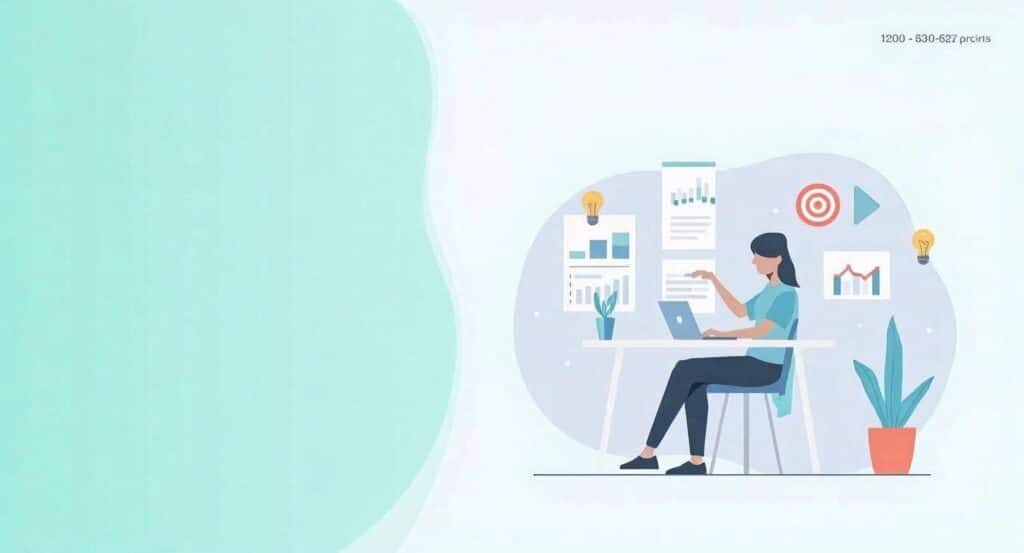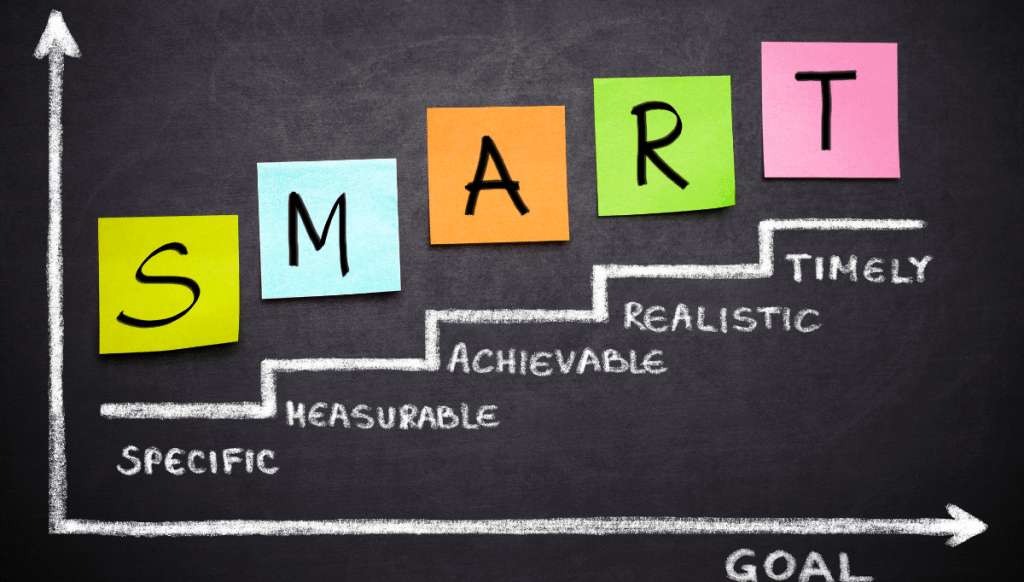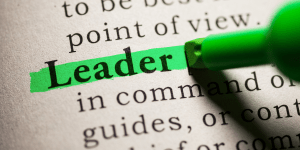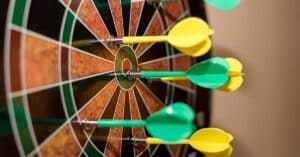Looking to set the right personal development goals for work this year? You’re not alone. More professionals than ever are focusing on skill growth, better habits, and career advancement — and the right goals can fast-track that success.
In this guide, you’ll find clear, practical examples of personal development goals for work, why they matter, and how to turn them into daily habits that actually move your career forward. Perfect for anyone who wants to grow faster, work smarter, and feel more confident at work.
🌟 Personal development goals are the cornerstone of professional growth. When aligned with your career aspirations, they can boost productivity, improve job satisfaction, and open doors to new opportunities.
In this article, we’ll explore effective personal development goals for work and actionable steps to achieve them. By the end, you’ll have a clear roadmap to set goals that enhance your career and personal life.

What Are Personal Development Goals for Work?
Personal development goals for work are specific objectives aimed at improving your skills, behaviors, and mindset to thrive in a professional setting. These goals focus on areas like leadership, communication, technical skills, and emotional intelligence.
Benefits of Setting Personal Development Goals:
- 📈 Boost Productivity: Goals improve focus and efficiency.
- 🚀 Foster Career Growth: New skills and habits open advancement opportunities.
- 😊 Increase Job Satisfaction: Growth fuels motivation and happiness.
Top Examples of Personal Development Goals for Work
1. Improve Time Management
⏰ Why It Matters: Managing time effectively reduces stress and increases productivity.
How to Achieve It:
- Use tools like Trello or Asana for task organization.
- Apply the Pomodoro Technique to focus in bursts of productivity.
- Set priorities with the Eisenhower Matrix.
2. Develop Leadership Skills
👩💼 Why It Matters: Strong leadership builds team trust and drives results.
How to Achieve It:
- Attend Dale Carnegie leadership courses.
- Volunteer for projects requiring team management.
- Read Leaders Eat Last by Simon Sinek.
3. Enhance Communication Skills
🗣 Why It Matters: Effective communication strengthens relationships and teamwork.
How to Achieve It:
- Take a public speaking course.
- Practice active listening in meetings.
- Request feedback from colleagues on your communication style.
4. Learn a New Skill
💻 Why It Matters: Staying current with industry trends boosts your professional value.
How to Achieve It:
- Enroll in online courses like Coursera or LinkedIn Learning.
- Dedicate an hour daily to practice.
- Implement your new skills in real-world projects.
5. Build Emotional Intelligence (EQ)
❤️ Why It Matters: High EQ improves stress management and workplace relationships.
How to Achieve It:
- Read Emotional Intelligence 2.0.
- Practice empathy by actively listening and understanding others’ perspectives.
- Reflect on emotional triggers and how to manage them effectively.
How to Set Personal Development Goals
Use the SMART Goals Framework for actionable, measurable objectives:

- 📝 Specific: Define clear, detailed goals.
- Example: “Deliver two presentations by next quarter.”
- 📊 Measurable: Track progress with metrics.
- Example: “Achieve 90% positive feedback on communication improvements.”
- 🎯 Achievable: Set realistic targets.
- Example: “Complete a public speaking course within three months.”
- 🔗 Relevant: Align goals with your career aspirations.
- Example: “Learn project management to qualify for leadership roles.”
- ⏳ Time-bound: Set deadlines for accountability.
- Example: “Obtain certification by December 2024.”
Ready to Transform Your Goals into Reality? ✨
Join thousands of achievers who’ve already created their success roadmap
Free tool • Takes only 3 minutes
Pro Tips for Achieving Personal Development Goals
💡 Pro Tip 1: Align Goals with Your Team’s Objectives
Discuss your goals with your manager to ensure alignment with team priorities.
💡 Pro Tip 2: Track Progress with Tools
Use apps like Notion or Todoist to monitor milestones.
💡 Pro Tip 3: Find a Mentor
Seek guidance from an experienced professional to stay on track.
💡 Pro Tip 4: Stay Flexible
Reevaluate goals periodically to adjust for changes in priorities.
💡 Pro Tip 5: Celebrate Wins
Acknowledge and reward progress to stay motivated.

How to Stay Committed to Your Goals
- ✅ Set Milestones: Break down big goals into small, manageable steps.
- 📊 Use Analytics: Review your progress weekly.
- 🤝 Involve Accountability Partners: Share your progress with a mentor or colleague.
- Personal development goals are objectives to enhance skills, behaviors, and mindsets.
- They focus on areas like communication, leadership, and time management.
- These goals aim to improve career performance and personal growth.
- They increase productivity and efficiency in your role.
- Boost confidence and job satisfaction.
- Help you qualify for career advancement opportunities.
- Use the SMART framework: Specific, Measurable, Achievable, Relevant, and Time-bound.
- Example: “Deliver two presentations by next quarter.”
- Break large goals into smaller milestones for easier tracking.
- Improve time management by using tools like Trello or Asana.
- Develop leadership skills by volunteering for team projects.
- Enhance emotional intelligence by practicing self-awareness and empathy.
- Track your progress regularly with apps like Notion or Todoist.
- Seek support from a mentor or accountability partner.
- Celebrate milestones to maintain motivation.
💡 Ready to Take Action on Your Personal Development Goals?
Don’t just read about growth—start your journey today! Download our Personal Development Goals Checklist and turn ideas into actionable steps.
👉 Click Here to Download Your Free Checklist
Conclusion
🎯 Setting personal development goals for work is your first step toward a thriving career. With clear objectives and consistent effort, you’ll unlock new opportunities and excel in your role.
What’s your top personal development goal for work? Share in the comments below!










